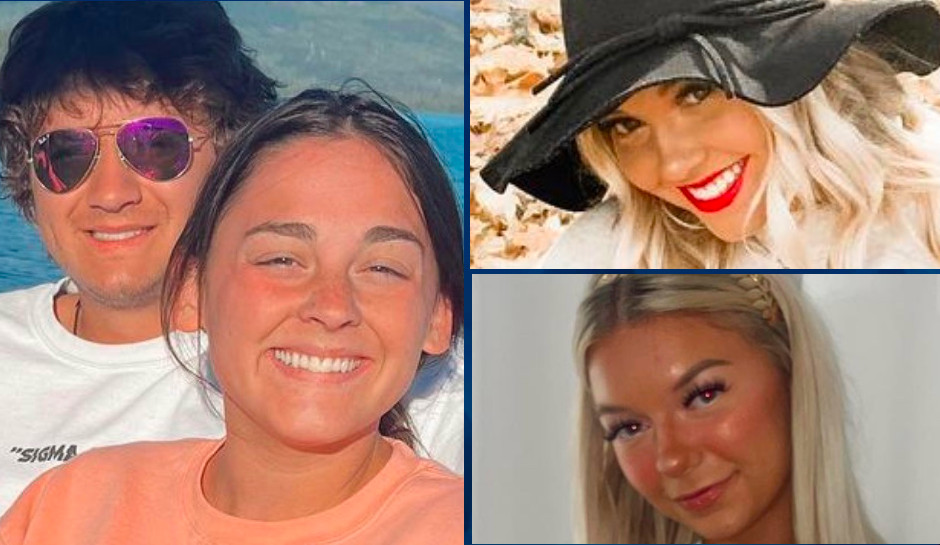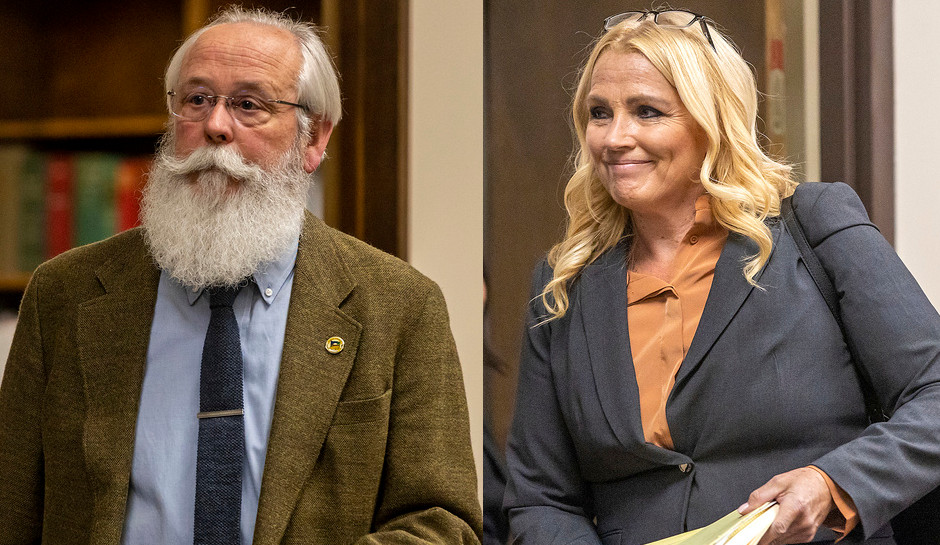Prosecutors said in court filings on Monday that Idaho college murders suspect Bryan Kohberger’s defense was misreading the state’s grand jury statue or providing reasons to challenge it that are outside the statue entirely ahead of a hearing on the motion scheduled for Friday.
The prosecution responded point by point to the defense’s latest motion and said that Kohberger “has delivered on his promised strategy: he seeks a stay to buy more time to challenge the indictment in this case,” ABC News reported.
A grand jury indicted Kohberger, 28, in May for the murders of Ethan Chapin, Xana Kernodle, Madison Mogen, and Kaylee Goncalves, erasing the need for a probable cause hearing after his arrest in December, as CrimeOnline reported. The defense sought in June to delay the scheduled October 2 court date while demanding grand jury materials with the intent of challenging the indictment.

The judge denied the motion but set out rules for providing the defense with some of the grand jury materials it sought.
The defense team also asked for more time to prepare an alibi. The requests for more time have so far all been denied, and the defense — while not declaring an actual alibi — said that Kohberger was out driving alone at the time of the murders.
Kohberger’s attorneys filed a request to second request delay in July, citing an “apparent failure” in the grand jury process, but prosecutors say the request raises “allegations of technical violations without ever explaining how any reach the ‘substantial’ standard set forth” in the state statute governing the process.
Latah County Prosecutor Bill Thompson, noting that the defense was “determined” to get a stay before it even saw the grand jury materials, challenged the defense assertions about “individual juror bias, or statements made by the court,” knocking down each one.
Some questionnaires were missing “certain numerical” information “at the top of the page,” defense attorneys noted — something not required in the Idahos statute, prosecutors said.
A grand juror “marked a box indicating that they do not comprehend English,” prosecutors said, yet completed the rest of the “lengthy form” with no problems.

Another grand juror noted that they were a prior criminal defendant, the defense noted, but only someone with a felony criminal conviction is barred from serving on a jury, the prosecution said.
Other arguments, the prosecutors said, failed to reach a “substantial failure to comply” with the statute.
“The Court should decline to indulge the Defendant’s already-stated intention to buy more time to engage in various litigation strategies,” the prosecution wrote. “This motion, like his last, should be denied.”
In addition to challenging the grand jury and dancing around the issue of an alibi, the defense also seeks to challenge the DNA evidence used to identify Kohberger as a suspect and has suggested that someone “planted” the DNA evidence found on a knife sheath at the scene of the brutal murders.
For the latest true crime and justice news, subscribe to the ‘Crime Stories with Nancy Grace’ podcast.
[Featured image: Bryan Kohberger enters the courtroom during a hearing on June 27, 2023. (August Frank/Lewiston Tribune via AP, Pool)]


